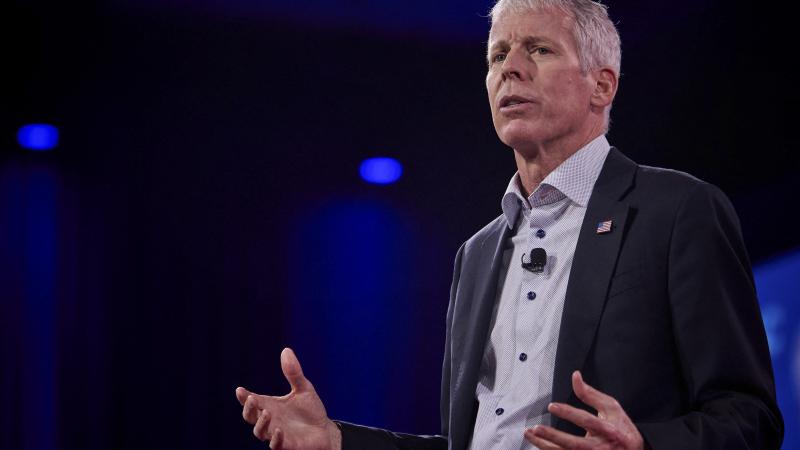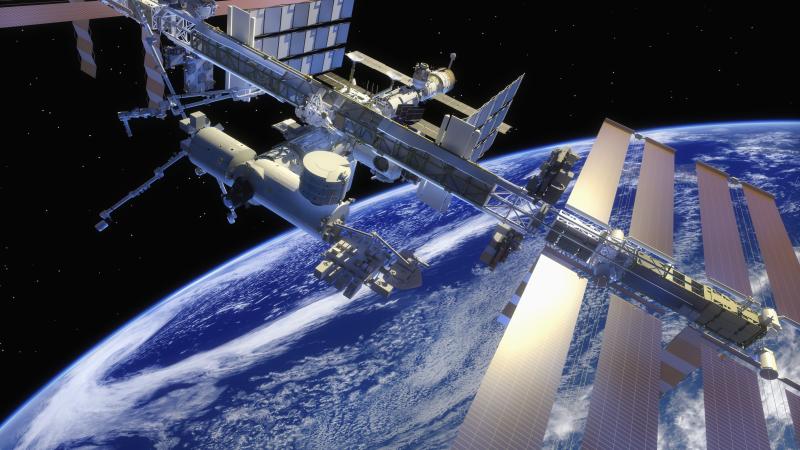Wisconsin lawmakers want to privatize EV charging infrastructure
Currently, there are nearly 600 EV charging stations in Wisconsin and many are at private businesses like hotels, car dealers, restaurants and gas stations.
A new plan at the Wisconsin Capitol would open the door for more electric vehicle charging stations and help free the free market.
State Sen. Howard Marklein, R-Spring Green, and Rep. Nancy VanderMeer, R-Tomah, on Monday sent a note to other lawmakers about a piece of legislation that would open the EV charging market to private businesses.
“The EV charging legislation is necessary because current law requires every entity that sells electricity to be regulated as a utility. It is not necessary for gas stations, grocery stores and others who want to offer EV charging for sale to be regulated like a utility,” Marklein said. “This bill changes the law to allow for EV charging without this cumbersome regulation. The bill also requires retailers to purchase their power from a utility and to collect an excise tax per kilowatt hour that will be dedicated to the state’s Transportation Fund like the gas tax.”
Currently, there are nearly 600 EV charging stations in Wisconsin and many are at private businesses like hotels, car dealers, restaurants and gas stations.
VanderMeer said the legislation would create more of a gas station-like market for EV chargers.
“This bill enables Wisconsin to capture nearly $78 million in federal funds that are available for private businesses, such as local gas stations and convenience stores, to construct, own and operate EV chargers along the main travel corridors in Wisconsin,” she said.
Local and state governments could continue to offer Level 1 and Level 2 charging but would be banned from offering Level 3+ charging to the public. The legislation also says local governments cannot sell EV charging, but they can lease property to a private entity to own and operate EV charging on public property.
Marklein and VanderMeer’s plan would also create a $.03 tax on EV charging. That money would be earmarked for Wisconsin’s Transportation Fund to create “parity with the gas tax.”
Marklein and VanderMeer say they will formally introduce the plan in December. It likely won’t get a hearing or a vote, however, until sometime next year.
















